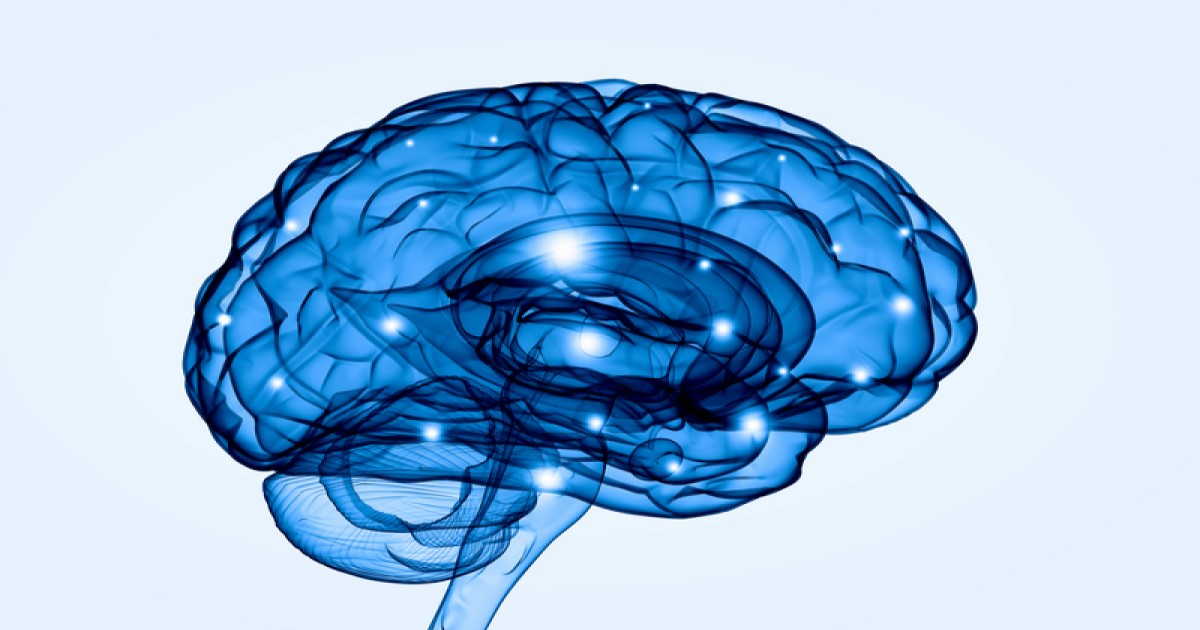Why It Is Essential To Know CPR
CPR Prevents Brain Death

Brain death is the eventual precursor to death itself and is impossible to recover from. If oxygen flow to the brain is consistently shut off for six minutes, it will die.
However, even if during CPR, it seems the worst is happening, and the patient's heart does not begin to beat on its own, there is good being done. Continued blood flow to the brain is vital to keep it alive, and CPR does not only aim to restart the heart: it also, artificially, keeps it pumping. This artificial circulation pushes oxygenated blood through the brain, keeping it alive and maintaining a chance of recovery that could be lost forever without it. The goal of cardiopulmonary resuscitation is to save a life, but that doesn't mean the work needs to be done by the time your role administering CPR is over. Sometimes, CPR is crucial in extending the patient's life until the ambulance arrives, and that act alone, whether it takes seven minutes or half an hour, can be life-saving.
CPR Makes You Smarter

CPR training isn't just about chest compressions and rescue breaths. You'll be taught how the human body works, how to check airways, and how to understand circulation. Some classes include CPR/AED certification, teaching you how to use an artificial external defibrillator and give the heart an electric shock that may trigger its beat.
It's easy to think CPR is something anyone can do in an emergency if they've seen enough TV, and true, if you're alone or no one in the area is certified, a 911 operator may still tell you to attempt. But no amount of guesswork matches the thorough understanding of the human body, how to assess its health, and how to think in an emergency that CPR training provides. To retain certification, individuals must repeat their training every two years, constantly refreshing and improving that understanding. Like learning sports, dance, or any complex movement, CPR makes you smarter, engaging with the brain and body to learn a complex skill and, in turn, teach the brain to learn complex physical skills.
